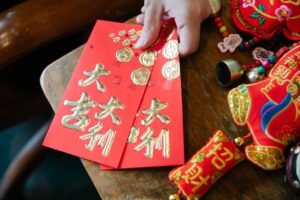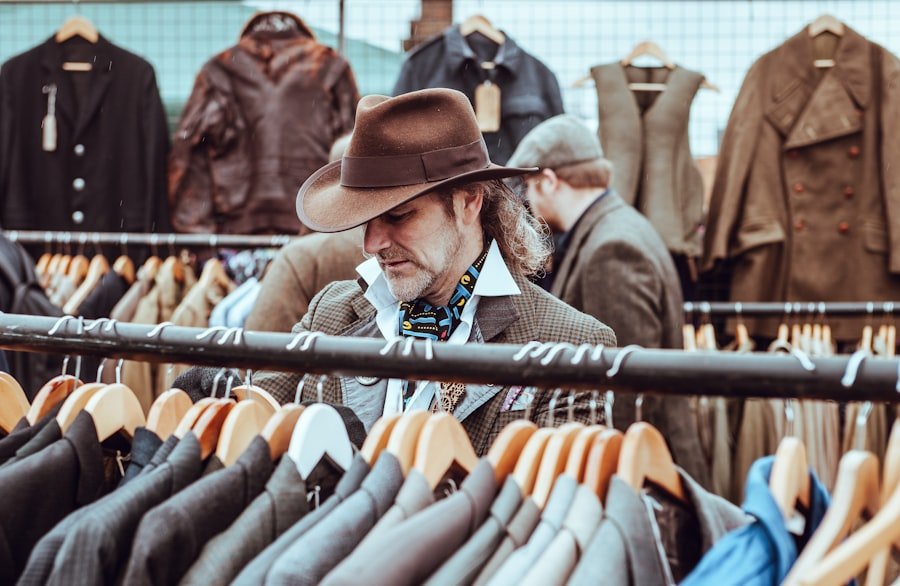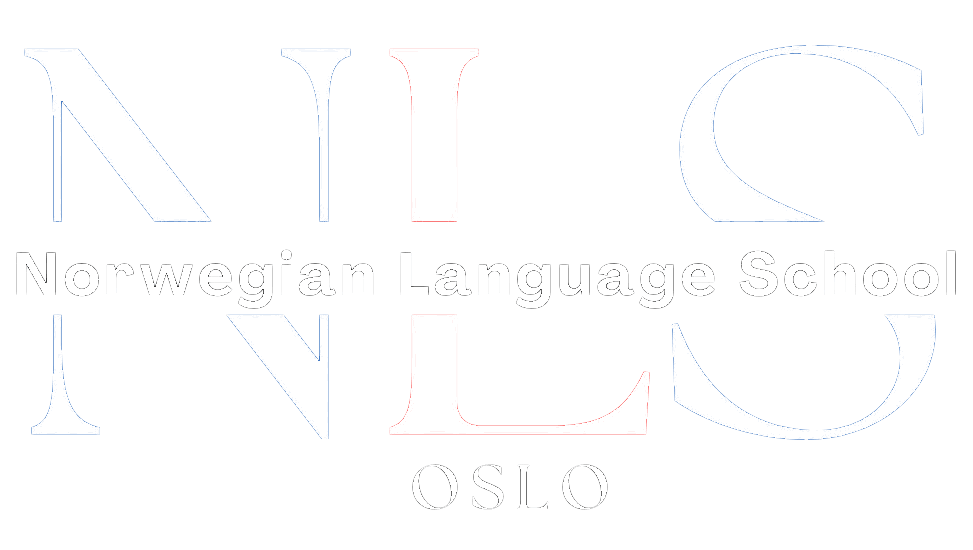

Shopping in Norway: Basic Norwegian Phrases for the Market
Shopping in Norway is an integral part of the country’s culture and lifestyle. Norwegians take pride in their high-quality products and sustainable shopping practices. From local markets to modern shopping centers, Norway offers a wide range of options for shoppers. However, it is important to be prepared before embarking on a shopping spree in Norway. This includes learning basic Norwegian phrases, understanding the currency, and familiarizing oneself with the local shopping customs.
Table of Contents
ToggleImportance of Learning Basic Norwegian Phrases for the Market
Learning basic Norwegian phrases can greatly enhance the shopping experience in Norway. While many Norwegians speak English, especially in urban areas, using their native language shows respect and appreciation for their culture. Additionally, speaking Norwegian can help tourists navigate through markets and shops more easily, as not all signs and labels may be in English.
Furthermore, speaking Norwegian allows for better communication with local vendors and shopkeepers. It enables shoppers to ask questions about products, negotiate prices, and seek assistance when needed. By making an effort to learn a few key phrases, shoppers can create a more meaningful connection with the locals and gain a deeper understanding of Norwegian culture.
Greetings and Polite Expressions for Shopping in Norway
When entering a shop in Norway, it is customary to greet the shopkeeper or staff with a polite “Hei” (hello) or “God dag” (good day). It is important to maintain a friendly and respectful demeanor throughout the shopping experience. Saying “Takk” (thank you) after receiving assistance or making a purchase is also appreciated.
Additionally, it is common to use polite expressions such as “Unnskyld meg” (excuse me) when trying to get someone’s attention or navigate through crowded areas. These simple greetings and expressions go a long way in creating a positive shopping experience in Norway.
Asking for Help and Directions in Norwegian
If you find yourself in need of assistance or directions while shopping in Norway, it is helpful to know a few key phrases. To ask for help, you can say “Kan du hjelpe meg?” (Can you help me?) or “Jeg trenger hjelp” (I need help). If you are looking for a specific item, you can ask “Hvor kan jeg finne [item]?” (Where can I find [item]?).
When asking for directions, phrases such as “Hvor er [place]?” (Where is [place]?) or “Kan du vise meg veien til [place]?” (Can you show me the way to [place]?) can be useful. It is important to speak clearly and politely when asking for help or directions in Norwegian.
Numbers and Currency in Norwegian for Shopping
Understanding Norwegian currency and exchange rates is essential for shopping in Norway. The official currency is the Norwegian Krone (NOK). It is helpful to familiarize yourself with the different denominations of banknotes and coins, as well as their values.
When it comes to numbers, learning how to count in Norwegian is important for making purchases and understanding prices. The numbers from one to ten are: en (1), to (2), tre (3), fire (4), fem (5), seks (6), syv (7), åtte (8), ni (9), ti (10). Knowing these numbers will enable you to understand prices, ask for quantities, and handle transactions more easily.
Common Phrases for Buying Food and Groceries in Norway

Norway offers a wide variety of fresh and locally sourced food products. When shopping for food and groceries, it is helpful to know some basic Norwegian vocabulary. For example, “mat” means food, “frukt” means fruit, “grønnsaker” means vegetables, and “brød” means bread.
To ask for specific items, you can use phrases such as “Jeg vil gjerne ha [item]” (I would like to have [item]) or “Kan jeg få [item]?” (Can I have [item]?). If you want a specific quantity, you can say “En kilo” (one kilogram), “To liter” (two liters), or “Et halvt kilo” (half a kilogram).
Clothing and Fashion Vocabulary in Norwegian
Norway is known for its stylish and functional clothing brands. When shopping for clothes and fashion items, it is helpful to know some basic Norwegian vocabulary. For example, “klær” means clothes, “sko” means shoes, “bukser” means pants, and “genser” means sweater.
To ask for sizes and colors, you can use phrases such as “Har du denne i størrelse [size]?” (Do you have this in size [size]?) or “Har du denne i fargen [color]?” (Do you have this in the color [color]?). It is important to know your own size and preferred colors in Norwegian to make the shopping process smoother.
Bargaining and Negotiating Prices in Norwegian
Bargaining and negotiating prices is not common practice in Norway, especially in larger stores and supermarkets. However, in smaller shops or markets, it may be possible to negotiate prices to some extent. It is important to approach bargaining with respect and politeness.
To negotiate prices, you can use phrases such as “Kan du gi meg en bedre pris?” (Can you give me a better price?) or “Er det mulig å få rabatt?” (Is it possible to get a discount?). Remember to be reasonable with your requests and be prepared for the possibility of the vendor not being able to lower the price.
Expressions for Complaints and Returns in Norwegian
In the event of a complaint or return, it is important to express your concerns politely and respectfully. To express a complaint, you can say “Jeg har et problem med [item]” (I have a problem with [item]) or “Dette er ikke som beskrevet” (This is not as described). If you need to return an item, you can say “Jeg vil gjerne returnere dette” (I would like to return this) or “Kan jeg få pengene tilbake?” (Can I get a refund?).
It is important to keep any receipts or proof of purchase when making a complaint or returning an item. Be prepared to explain the issue clearly and provide any necessary information to resolve the situation.
Useful Tips for Shopping in Norway as a Tourist
When shopping in Norway as a tourist, there are a few tips that can enhance your experience. Firstly, it is important to be aware of the opening hours of shops and markets, as they may vary depending on the day of the week and location. Secondly, it is advisable to carry cash as some smaller shops and markets may not accept credit cards.
Additionally, it is worth exploring local markets and independent shops to discover unique products and support local businesses. Finally, don’t be afraid to ask for recommendations from locals or shopkeepers. They can provide valuable insights into the best places to shop and hidden gems in the area.
Learning basic Norwegian phrases for shopping in Norway is essential for a fulfilling and enjoyable experience. By speaking Norwegian, shoppers can enhance their interactions with locals, navigate through shops more easily, and gain a deeper understanding of Norwegian culture. From greetings and polite expressions to asking for help and directions, understanding numbers and currency, and knowing specific vocabulary for different types of shopping, being prepared will make the shopping experience in Norway more rewarding. So, next time you find yourself in a Norwegian shop, don’t hesitate to practice your Norwegian phrases and make the most of your shopping experience.
If you’re planning a trip to Norway and want to brush up on your Norwegian language skills, check out this helpful article on “Norwegian for Travelers: Key Words and Phrases for Your Next Trip.” It provides essential phrases and vocabulary for navigating the market and shopping in Norway. Whether you’re looking to ask for directions, order food, or haggle for a good price, this article has got you covered. Don’t miss out on this valuable resource! Read more

Norwegian A1-A2
Course Overview The Norwegian A1-A2 course is an online program focused on teaching essential Norwegian grammar and vocabulary. It includes a variety of materials and topics, with opportunities to interact with a Norwegian teacher entirely online. Curriculum Highlights The course covers key areas such as grammar and vocabulary and topics such as family, daily life, education, work, traditions, and leisure activities. Who Should Enroll? This course is perfect for beginners or those at the A1 or A2 levels who want to improve their Norwegian skills. What You Get Access to the full Norwegian A1-A2 course. A monthly 1-hour online conversation with a teacher. Many written and oral assignments. Comprehensive information on Norwegian grammar, Norwegian vocabulary and how to use them, important sentence structures, etc. Tips on additional resources to further enhance your Norwegian learning.
0 students enrolled
Last updated Dec 10th, 2024
If you want to learn Norwegian, you can register for classes here. We look forward to hearing from you and helping you become fluent in Norwegian.






